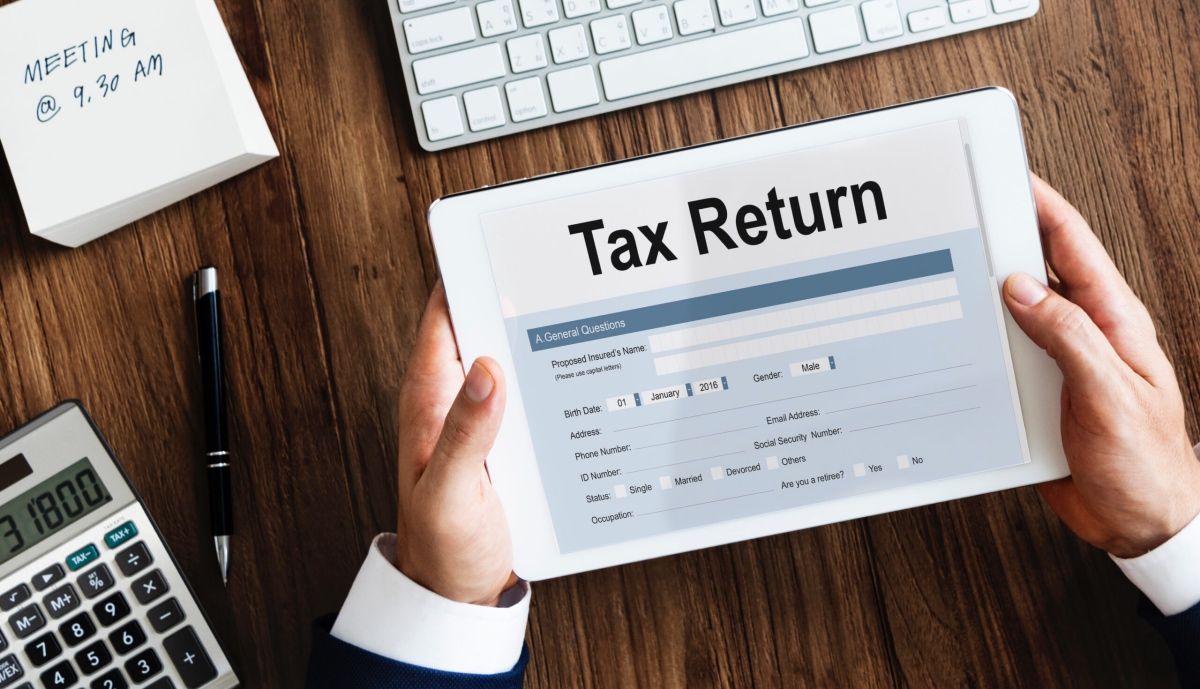The South African Revenue Service (SARS) has announced the tax return filing dates for individuals for the 2025 tax season.
The tax season for individual taxpayers (non-provisional) will open 21 July 2025 and run to 20 October 2025.
Auto assessments will start rolling out two weeks before, starting 7 July 2025 and running through to 20 July.
The filing season for provisional taxpayers will run from 21 July 2025 to 19 January 2026 – which is also the filing window for trusts.
What to prepare before filing starts?
Make sure that you have received your IRP5/IT3(a) and other tax certificates like medical aid, retirement annuity fund, and any other third-party data relevant to determining your tax obligations.
If you have forgotten your password you can reset it online through the eFiling website by clicking on Forgot Password or Forgot Username.
Use our self-help online query system to retrieve your tax reference number and submit any required supporting documents. In addition, check and/or update your personal information such as banking details, address and contact details online on eFiling or the SARS MobiApp.
Larger than ever before
SARS has announced a significant expansion of its auto-assessment programme for the 2025 tax season, aiming to streamline the filing process for a broader group of individual taxpayers – both non-provisional and provisional.
According to SARS, the system will automatically assess a larger segment of taxpayers this year than ever before.
These include individuals earning income from one or more formal or informal sources – such as employment, pensions, or freelance work – as long as their tax affairs are not considered complex.
“The process of automatic assessment is made possible by the availability of third-party data received from employers, pension fund administrators, medical aid schemes, and more,” SARS stated.
How auto-assessment works
Through this data, SARS pre-populates tax returns and issues what’s known as an Auto Assessment.
These assessments are sent directly to taxpayers via SMS or email and reflect the income, deductions, and taxes calculated based on data SARS has received from trusted third parties.
If the taxpayer agrees with the figures, no further action is required.
“Taxpayers in the auto-assessment category do not have to do anything if they are satisfied with the calculation,” SARS confirmed.
What if something is missing?
If you believe the auto-assessment is incomplete or incorrect, you can amend it manually.
Taxpayers have until 20 October 2025 to submit changes via the SARS eFiling portal or the SARS MobiApp.
This flexibility ensures that taxpayers retain control over their filings, even while benefiting from automation.
SARS’ push for simplification
The expansion of auto-assessments reflects SARS’ ongoing efforts to simplify tax compliance and reduce the burden on individual filers. In 2024, millions were auto-assessed, and 2025 is expected to surpass those figures.
Taxpayers are urged to ensure their personal details – especially email addresses and cell phone numbers – are updated on SARS eFiling to receive timely notifications.
Where the taxpayer has a refund, they will receive it in 72 hours if all their information is correct.
If they owe SARS, they must pay SARS through their respective banks, and the details are provided below.
Key steps in the Auto Assessment process:
- From the 7 July, SARS will communicate directly with affected taxpayers by SMS and/or email, notifying taxpayers of their auto-assessed tax returns.
- If there is a refund due to the taxpayer, it will be paid directly to the taxpayer’s bank account within 72 business hours after the notification. If there is money owing to SARS, it must be paid to SARS’ Bank Account, eFiling or through the SARS MobiApp by the stipulated date.
- Taxpayers can access their auto assessed income tax returns through any of SARS’s channels, such as the SARS MobiApp or SARS eFiling, to review and verify the completeness and accuracy of the information that resulted in the auto assessment.
- If a taxpayer is satisfied with the auto assessment, they don’t have to do anything further and the process terminates at this point.
- If the taxpayer finds that there is missing and/or inaccurate information, pertaining to either income or expenses, which may have affected the outcome, it must be declared to SARS by submitting a tax return to SARS.
Do you usually receive a refund from SARS in tax season?
Let us know by leaving a comment below, or send a WhatsApp to 060 011 021 1
Subscribe to The South African website’s newsletters and follow us on WhatsApp, Facebook, X and Bluesky for the latest news.
